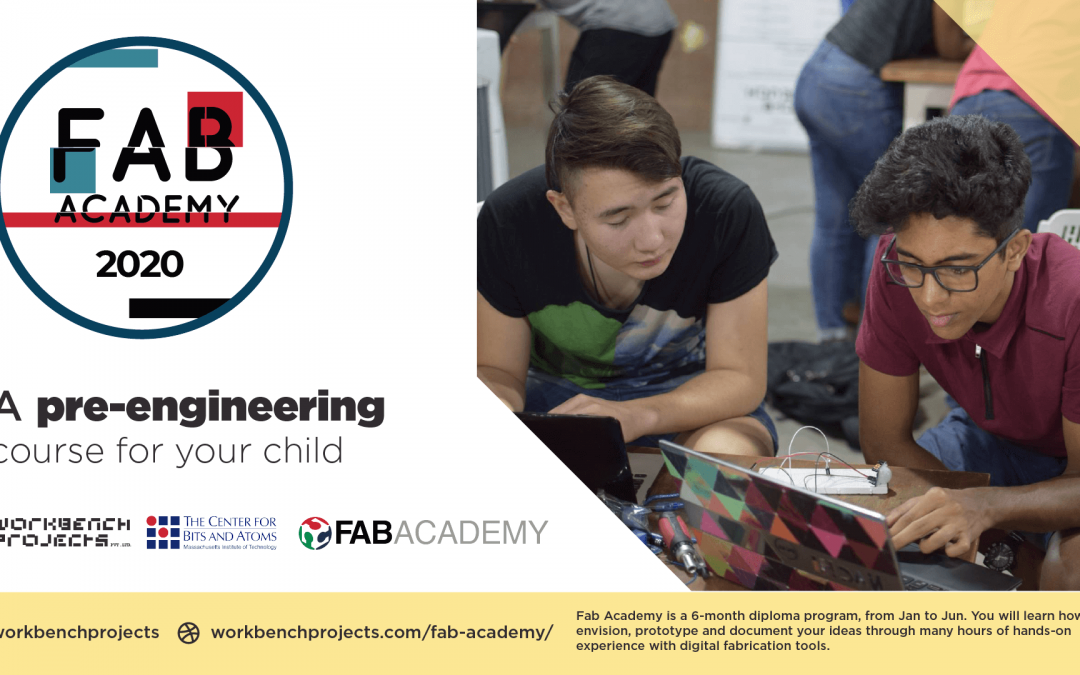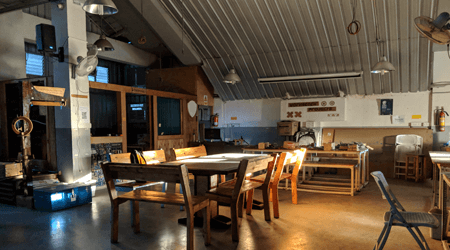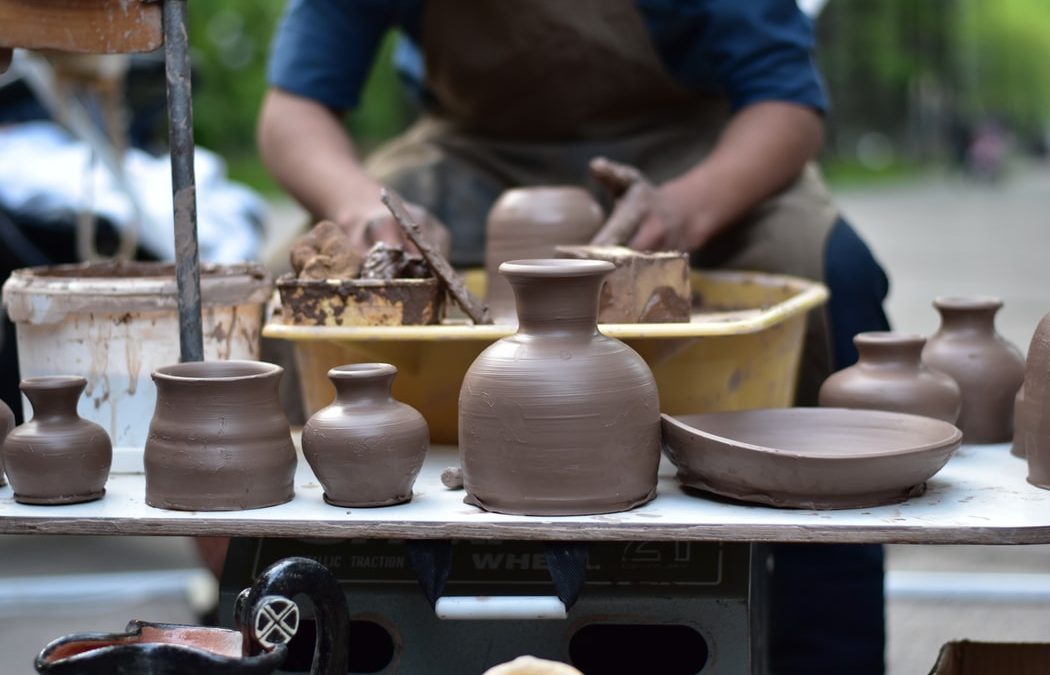
What is Fab Academy and Why Should You Attend?
Fab Academy program provides advanced digital fabrication instruction for students through and unique, hands-on curriculum and access to technological tools and resources.
Why Should You Gain Skills Faster?
Its a fast changing world. Things change fast, really fast. Students worldwide need to gain skills to make anything. So that they can stay in the game and keep adding value to their communities. Learning programs that offer skills that aren’t taught in traditional educational institutes provide an opportunity to learn things faster, and better.
Many professionals who start to see decline in their career progression also look out for opportunities to gain skills that will open up new growth venues for them.
Bottomline is that skills that put you ahead of the fast changing trends in any industry, may it be computer technology, manufacturing or any other, will make you invincible to risks that come along with these changes.
How to Make Almost Anything
The Fab Academy is a Digital Fabrication Program directed by Neil Gershenfeld of MIT’s Center For Bits and Atoms and based on MIT’s rapid prototyping course, MAS 863: How to Make (Almost) Anything. The Fab Academy began as an outreach project from the CBA, and has since spread to Fab Labs around the world. The program provides advanced digital fabrication instruction for students through an unique, hands-on curriculum and access to technological tools and resources.
Learn to Turn Codes into Things
Just as communications and computation went from analog to digital, resulting in PCs and the Internet, the digitization of fabrication is leading to personal fabricators that will allow anyone to make almost anything, anywhere. The development of digital fabrication is based on creating codes that don’t just describe things, they are things, much as proteins are coded in molecular biology. This research roadmap is ultimately aiming at a Star Trek-style replicator, but prototype versions of these capabilities are already available in field fab labs.
At the Fab Academy, you will learn how to envision, prototype and document your ideas through many hours of hands-on experience with digital fabrication tools. We take a variety of code formats and turn them into physical objects.
The Fab Academy Diploma consists of a 5 month part-time student commitment. The Fab Diploma is the result of the sum of Fab Academy Certificates. Progress towards the diploma is evaluated by a student’s acquired skills rather than time or credits.
The Fab Academy is a fast paced, hands-on learning experience where students plan and execute a new project each week. Each individual documents their progress for each project, resulting in a personal portfolio of technical accomplishments.
FABLAB Bangalore
Workbench Projects is a 5000 sq. ft. makerspace in Bangalore aiming to create an ecosystem for makers where the focus is on not just tinkering and making but a space that advocates research and responsible innovation. We provide access to a huge space, a host of machines, power tools, hand tools and other facilities such as independent work stations with wi-fi access, storage, conference room, shared utilities and a residency for anyone invested in expanding their maker spirit.

Our user base has a cross segment of demographics including school students, engineers, researchers, artists, tinkerers, hobbyists and companies using the facility. We also encourage these different user categories to mingle and mold with each other through multi-disciplinary interactions within our space to spark new collaborations/innovations and take forward the maker culture in our city.
We are a platform for informal, project-driven, self-directed learning, where we assist if needed both in terms of mentorship and collaboration to realize the full potential of an idea from start to completion.
Students at the Fab Academy learn:
- how to use a Fab Lab’s digital fabrication tools for rapid prototyping
- Epilog Mini Lasercutter
- Roland MDX-20 Milling Machine
- 3D printer
- Roland CAMM-1 Servo GX-24 Desktop Vinyl Cutter
- ShopBot
- electronics design and production by producing circuit boards using a variety of sensors and output devices.
- how to program AVR microcontrollers on the boards they have produced
- molding and casting
- 3D scanning and printing
How It Works
Fab Academy is a distributed educational model providing a unique educational experience.
Each Fab Lab that participates in the Fab Academy program (see list here) is part of a global Fab Lab / Fab Academy network. These Fab Labs are Nodes that offer the Fab Academy program.
Students view and participate in global lectures broadcasted from MIT every Wednesdays at 9:00 am – 12:00 pm EST. The lectures are recorded and available to students throughout the semester. In addition to the lectures, there are 2 / 3 lab days each week where students have access the digital fabrication equipment and personal help with projects. Each Fab Lab will establish the schedule for these Lab days.
The program requires a minimum of 30 hours per week.
Fab Academy faculty, who are leaders in their respective fields, provide global video lectures, supervise academic content, and guide research. Hands-on instruction in the labs is provided by instructors who supervise and evaluate Certificates, develop and disseminate instructional material, and assist with projects.
The Fab Academy is directed by Neil Gershenfeld, produced by Sherry Lassiter, coordinated by Tomas Diez and students are managed by Anna Kaziunas France.
For more details on the Fab Academy Program, visit:

